

HEIDI SEVESTRE
Svalbard in Norwegian means “Icy Coast”. Yet Heidi Sevestre, a resident ‘ice doctor’, has seen the troubling signs that this frozen landscape has changed in recent decades.
“My everyday job has become to understand how glaciers are moving and reacting to climate change”, explains the
French-born glaciologist.
French-born glaciologist.
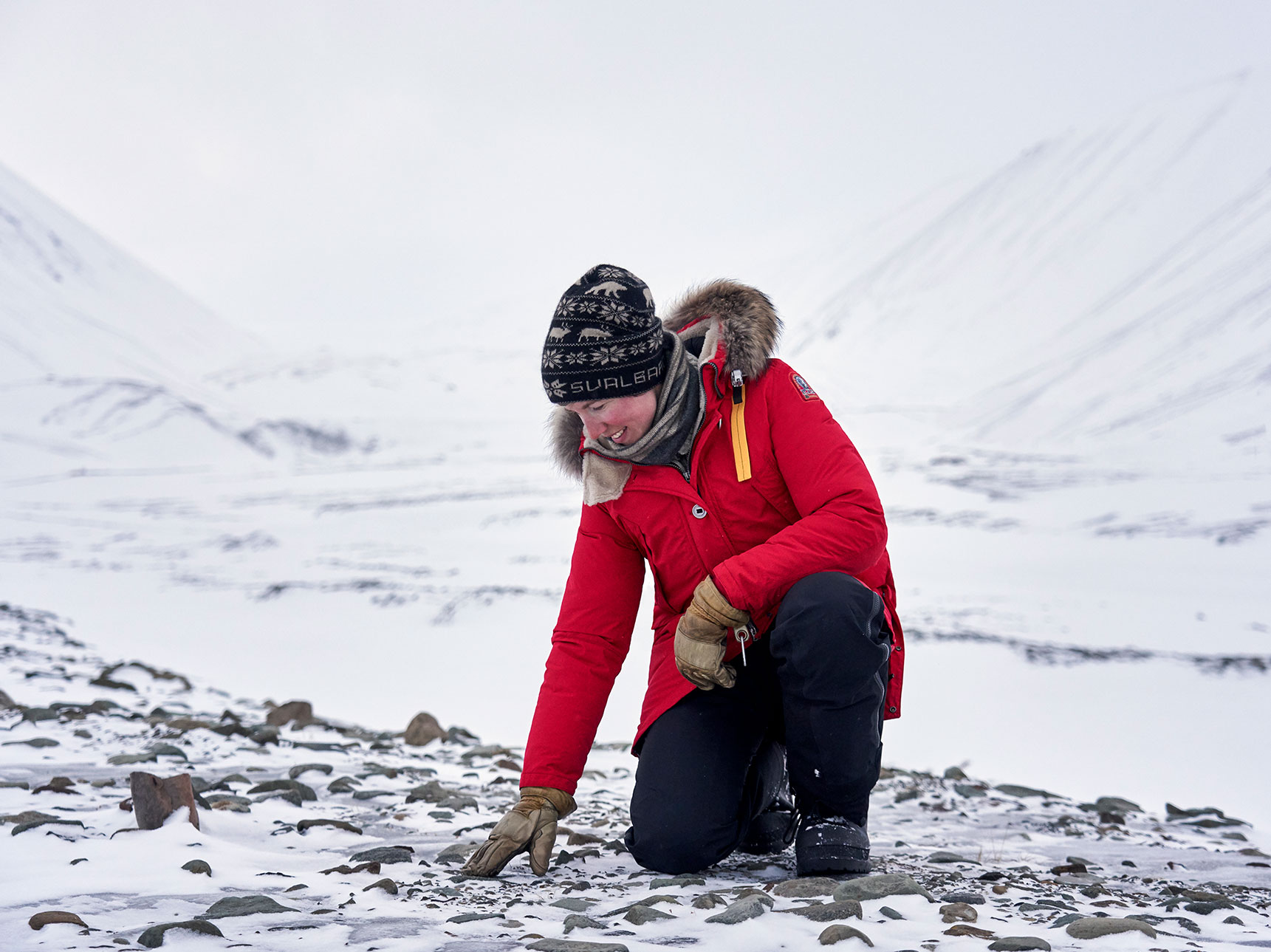
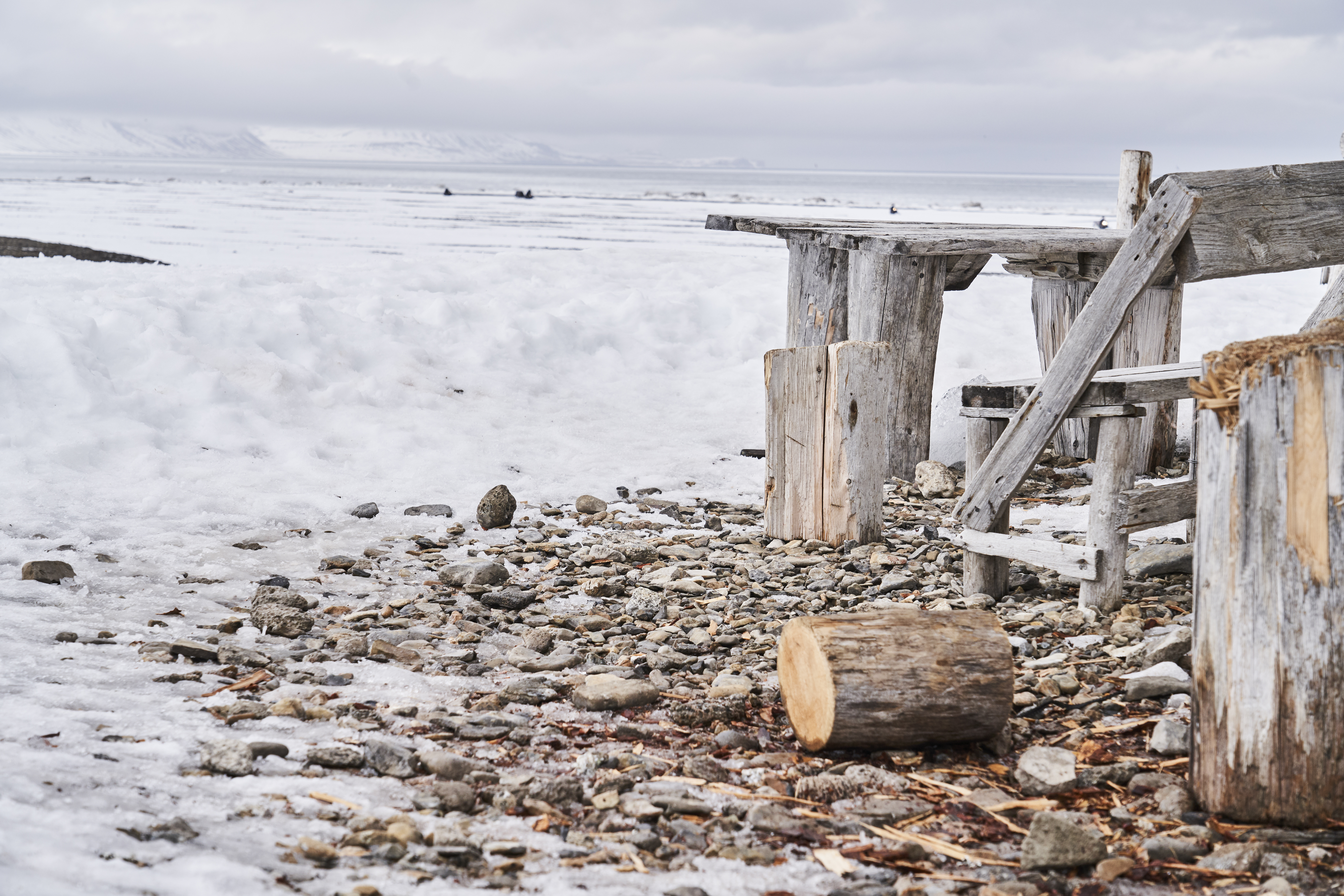
We are taken to see a glacier, where she shows us how humans
are damaging the ice. She explains how Svalbard is essentially
the ground zero of climate change."
«EL MEDIOAMBIENTE PARECE TOTALMENTE INTACTO. NOS SENTIMOS MUY LEJOS DE LA CIVILIZACIÓN, PERO LA VERDAD ES QUE, AQUÍ, LA NIEVE, LAS MONTAÑAS, LOS GLACIARES... SIENTEN TODO LO QUE HACES».
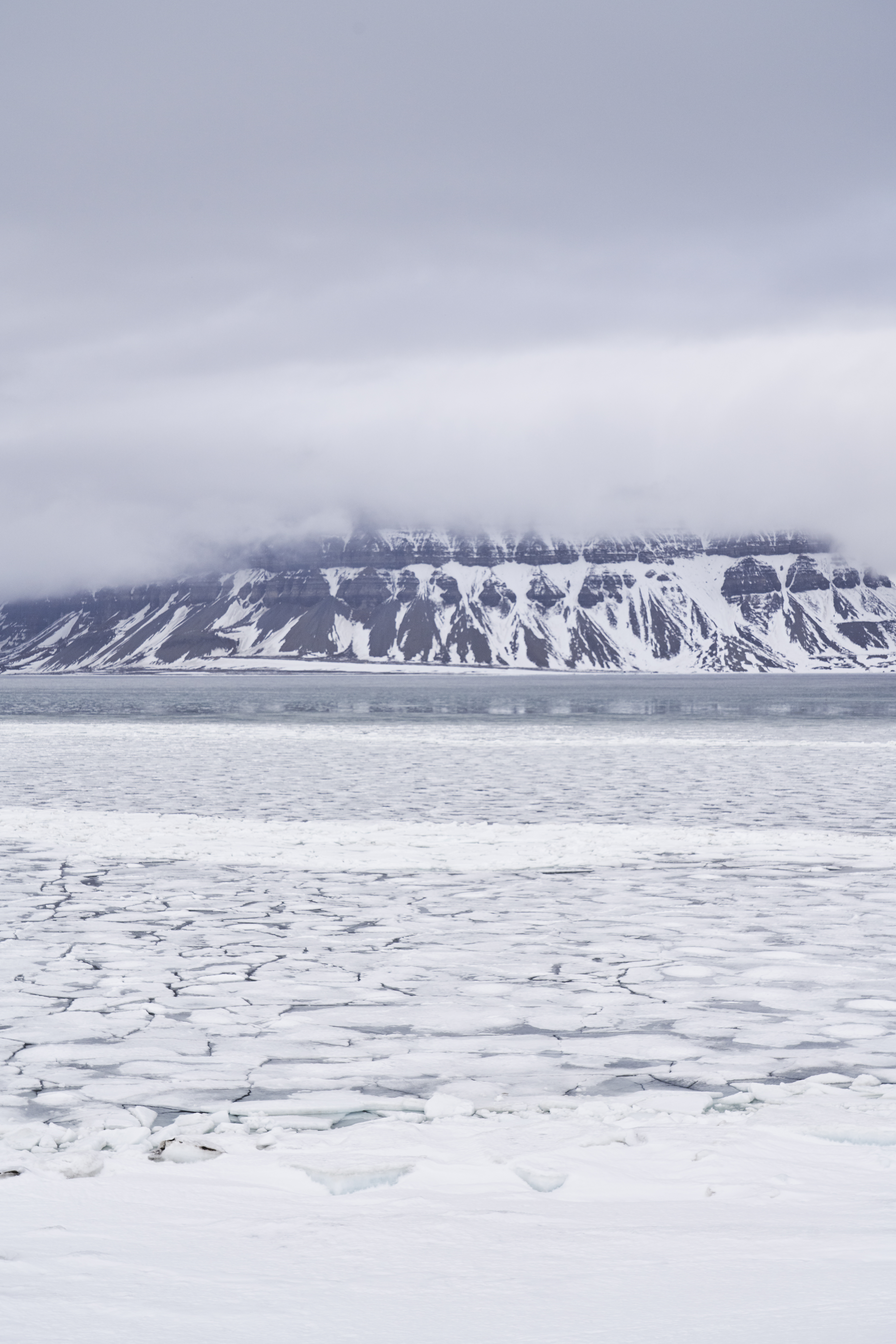
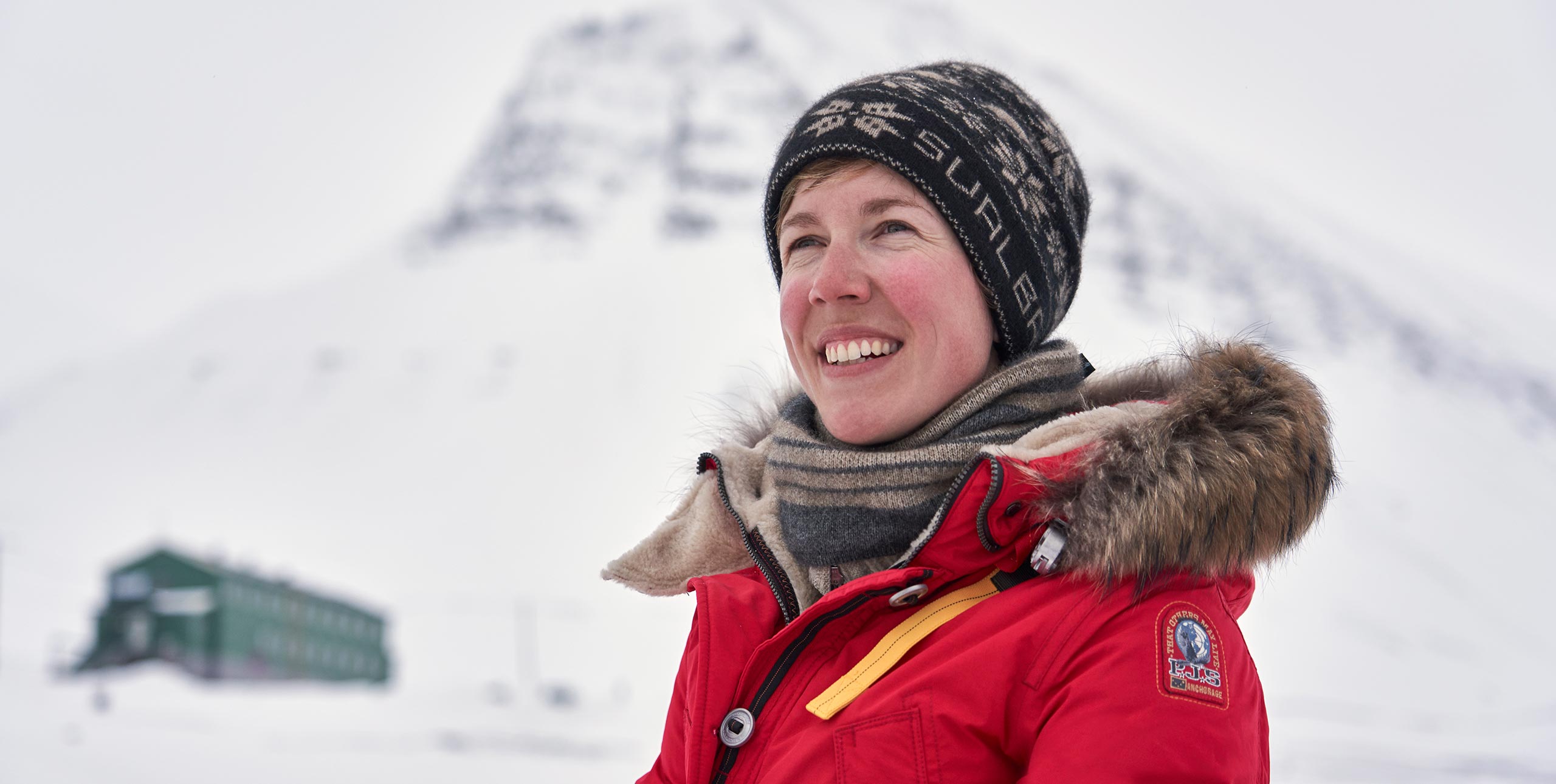
Heidi also collaborates with the UNIS - The University Centre in Svalbard - which is the world’s northernmost research and higher education institute, at a latitude of 78°N.
“There are still lots of things we do not fully understand and it’s only by being here, by having this incredible access to all these places that we can refine our predictions”.
DISCOVER OUR SPECIAL PROJECTS
-
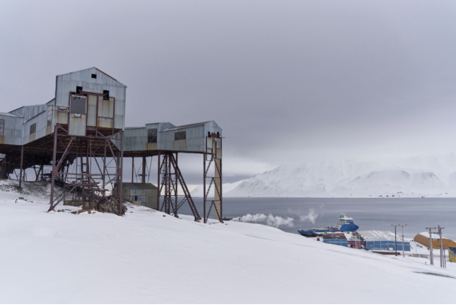 VOICES FROM AN ICY COASTThe Parajumpers Stories speak of lives outside the ordinary, lived in the remotest corners of earth where powerful forces of nature make everyday survival a challenge.Discover more
VOICES FROM AN ICY COASTThe Parajumpers Stories speak of lives outside the ordinary, lived in the remotest corners of earth where powerful forces of nature make everyday survival a challenge.Discover more -
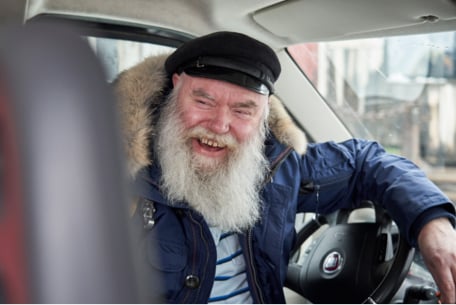 WIGGO ANTONSENLongyearbyen is the largest settlement and administrative centre of Svalbard.Discover more
WIGGO ANTONSENLongyearbyen is the largest settlement and administrative centre of Svalbard.Discover more -
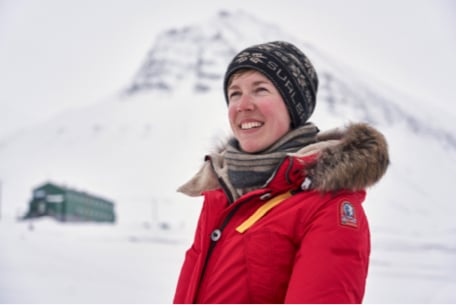 HEIDI SEVESTRESvalbard in Norwegian means “Icy Coast”. Yet Heidi Sevestre, a resident ‘ice doctor’, has seen the troubling signs that this frozen landscape has changed in recent decades.Discover more
HEIDI SEVESTRESvalbard in Norwegian means “Icy Coast”. Yet Heidi Sevestre, a resident ‘ice doctor’, has seen the troubling signs that this frozen landscape has changed in recent decades.Discover more -
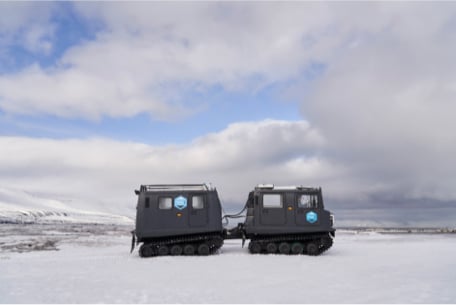 JASON ROBERTSThe rugged beauty of Svalbard can make it difficult to leave. Just ask Jason Roberts, originally from Australia and one of the long- time residents of the Norwegian Archipelago.Discover more
JASON ROBERTSThe rugged beauty of Svalbard can make it difficult to leave. Just ask Jason Roberts, originally from Australia and one of the long- time residents of the Norwegian Archipelago.Discover more -
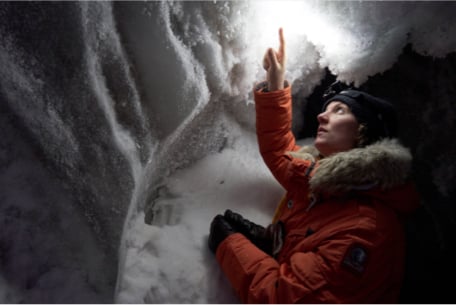 KRISTIN ERIKSSON“Guiding guests through the wilderness of Svalbard is “the best job you can have”, says Kristin Eriksson. At just 23, Kristin has already been a nature guide on 3 different Continents.Discover more
KRISTIN ERIKSSON“Guiding guests through the wilderness of Svalbard is “the best job you can have”, says Kristin Eriksson. At just 23, Kristin has already been a nature guide on 3 different Continents.Discover more -
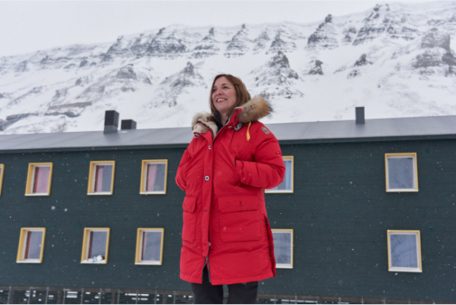 HEGE GISKEIn the last decade, more and more people have come to Svalbard motivated by the beauty of the place but also by the challenge of what it means to survive both as a community as well as an individual in such a unique location.Discover more
HEGE GISKEIn the last decade, more and more people have come to Svalbard motivated by the beauty of the place but also by the challenge of what it means to survive both as a community as well as an individual in such a unique location.Discover more